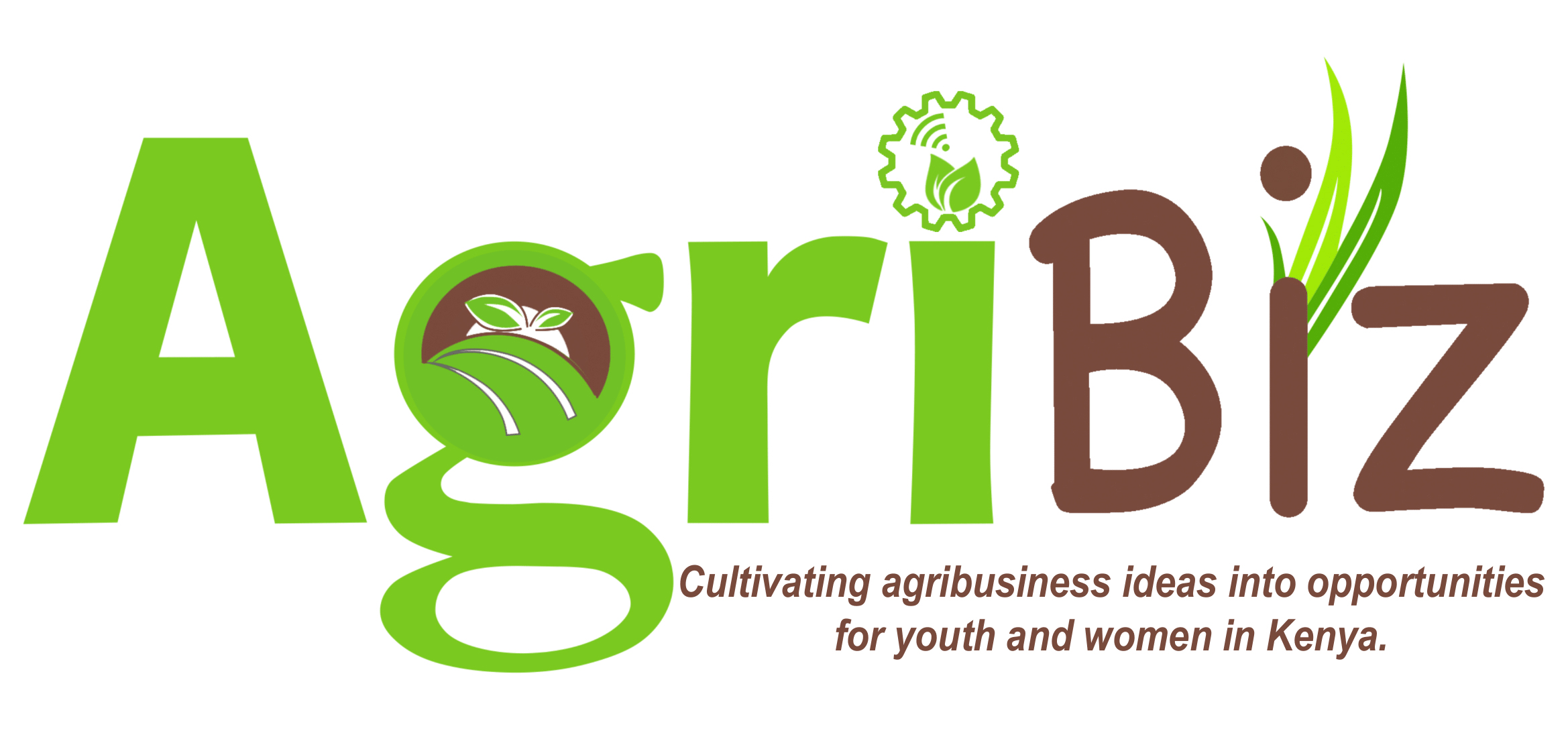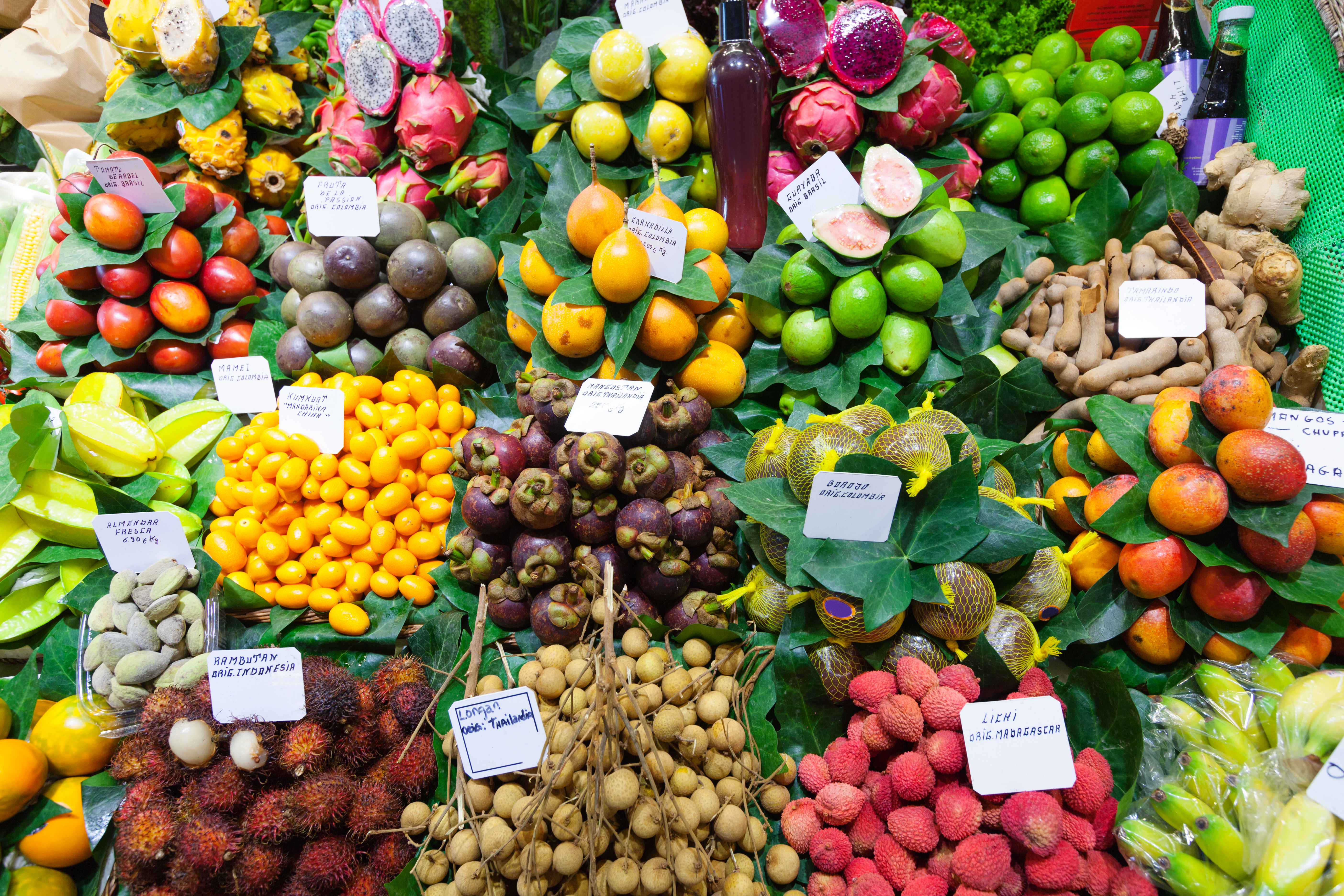Coconut is an indigenous fruit in the coastal region known for its multifaceted uses, forming a crucial part of the local agricultural and economic landscape. Similarly, pineapples also thrive in Kilifi’s favourable climate, contributing to the region’s agricultural richness. However, despite their immense benefits and importance in the value chain, both coconut and pineapple farmers in Kilifi face post-harvest losses that impact their livelihoods and the broader agricultural sector.
Chikoy Ventures in Kilifi County, an enterprise supported by KCIC Agribiz program is embracing circular economy. Recognizing the untapped potential of the by-products, particularly the coconut husks that were once discarded as waste are now repurposed into valuable mulching material, underscoring the enterprise commitment to minimizing waste and maximizing utility. This practice not only addresses environmental concerns but also significantly benefits local farmers by enhancing soil quality, moisture retention, and overall agricultural productivity. As Kilifi County harnesses its agricultural diversity and adopts circular economy, it not only uplifts its farming community but also sets a precedent for sustainable and resilient practices that can shape a more promising future. One of the team member Mr. Morgan Mwamuye, explains below their inspiration for running coconut and pineapple business in Kilifi County.
What motivated you to start your Chikoy Ventures?
Our motivation for initiating coconut and pineapple business stemmed in to assist local farmers in mitigating post-harvest losses and addressing the fundamental issue of rural poverty in the coastal region of Kenya. This endeavor has proven successful, as we have now evolved into a climate-smart company that offers premium coconut products, including Copra oil, to consumers. We achieve this by integrating principles of circularity and environmental sustainability into all aspects of our operations. In doing so, we create enduring and meaningful employment opportunities within these communities. Notably, our Uzima Jikimu initiative plays a pivotal role in this effort by furnishing unemployed youths with portable carts, enabling them to vend these products. This approach not only empowers the youth and women but also contributes to the overall well-being of these communities.
Why should consumers buy your products?
Our products, such as coconut oil and water, are known for their nutritional value and versatility in cooking, baking, and skincare. They provide essential fatty acids, vitamins, and minerals. Moreover, coconut-based items often boast natural flavors and can be part of a healthy diet. By-products, like husks are an excellent source of coir fiber, which can be transformed into mats, ropes, and brushes, supporting sustainable industries. Additionally, coconut husks are utilized as a substrate in gardening and horticulture due to their water retention properties and ability to improve soil structure. By purchasing coconut products and their by-products, consumers contribute to both their own well-being and the promotion of environmentally friendly practices and industries.
How has Kenya Climate Innovation Center’s engagement created an impact on your enterprise?
We have been able to expand and acquire our Copra oil pressing machine that we were able to secure through the financial support we received from KCIC. The business has also been able to create job opportunities and we now have ten permanent employees, and we work with over 1,000 farmers who supply us with the raw materials across Kilifi County. We have gained invaluable knowledge and skills through the bootcamp trainings and exhibitions such as the KICC trade fair with support from Kenya Climate Innovation Center.
What opportunities do you see for the future of your business?
We are currently identifying numerous opportunities within the coconut value chain, including the production of coconut milk, which is a venture we want to pursue. While we are in the process of refining the processing and packaging aspects, our goal is to enter this market. In addition, we are considering the production of coconut cream and the supply of desiccated coconut to food processors, all of which are aimed at creating a more substantial impact.





